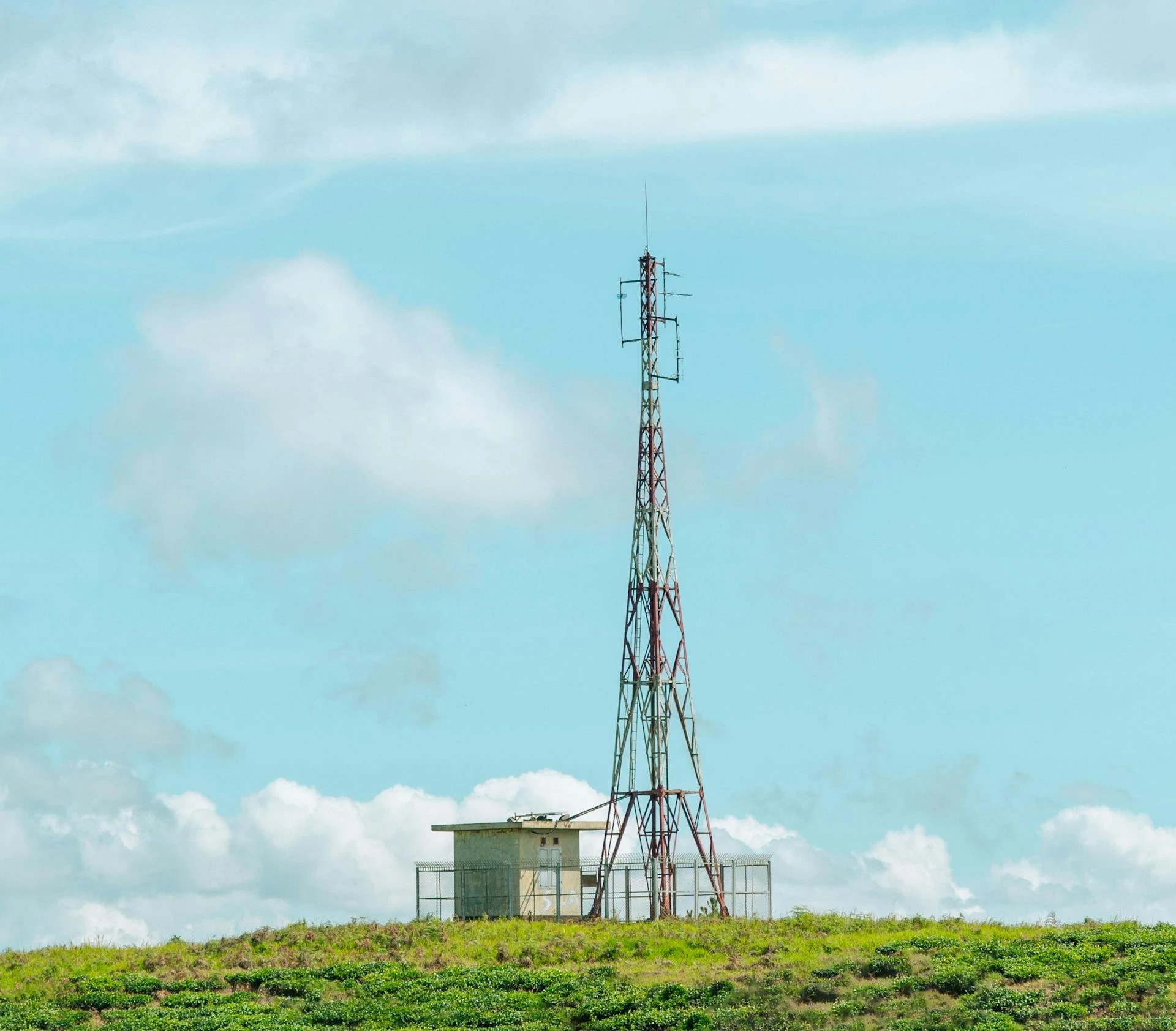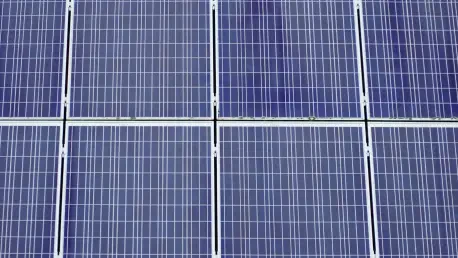
Manitoba faces a pivotal moment in shaping its energy landscape, with the long-dormant Conawapa Hydro Project on the Nelson River emerging as a potential game-changer for the province’s future, while raising critical questions about addressing escalating energy needs. This ambitious hydroelectric

In a groundbreaking leap toward sustainable industrial practices, a Swiss company has unveiled an innovation that could redefine steel recycling for high-end manufacturing sectors, based in the historic watchmaking hub of La Chaux-de-Fonds. This pioneering technology harnesses the power of the sun

Navigating the Complexities of Global Oil Markets In a world where geopolitical tensions frequently threaten to upend energy markets, the resilience of oil prices stands out as a remarkable phenomenon that defies expectations of volatility. Despite sanctions targeting major oil producers like

I'm thrilled to sit down with Christopher Hailstone, a seasoned expert in energy management and renewable energy solutions. With his deep knowledge of electricity delivery and grid reliability, Christopher has become a go-to authority on innovative power solutions for mission-critical environments

The utility sector in the United States stands at a pivotal moment, grappling with an unprecedented surge in electricity demand, aging infrastructure that struggles to keep pace, and stringent regulatory frameworks that limit financial maneuverability. A notable 3% increase in electricity

Imagine a world where energy bills are a distant memory, where small-scale power needs for sheds, security cameras, or bus shelters are met without the burden of grid dependency or the hassle of extensive wiring. Off-grid solar kits are stepping into the spotlight as a promising solution, offering